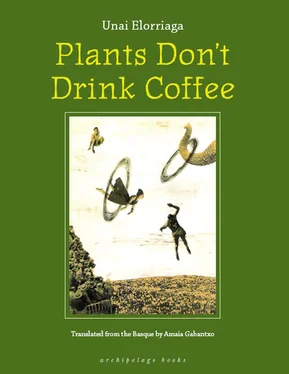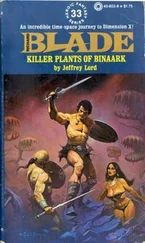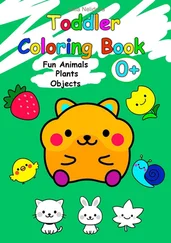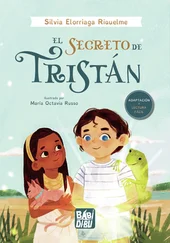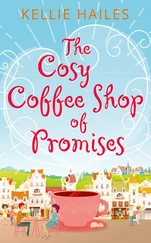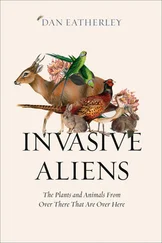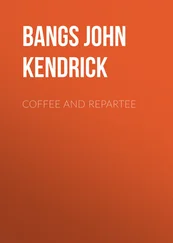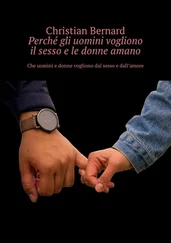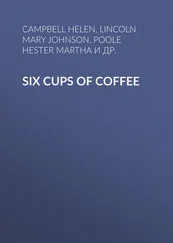Unai Elorriaga
Plants Don't Drink Coffee
Plants don’t drink coffee. They don’t like coffee, and neither do flowers or trees. Birds don’t like it either. My aunt told me. I do. Sometimes I don’t breathe while I drink my café con leche. One whole mug. It’s a big mug. I down the whole mug every morning, without taking a breath. That’s a record of mine. Maybe I’m the only one in the world who holds that record.
Yesterday I learned the recipe for café con leche. Aunt Martina explained it to me. I made some afterwards. By myself. And I made delicious café con leche, maybe the most delicious in the world. And the weirdest one as well, because Aunt Martina’s mugs are green, made of glass, and the coffee came out green, not brown. So I told Aunt Martina how my mother makes brown coffee, not green. My aunt said green coffee tastes better. And she was right.
This is the recipe for café con leche: first pour the coffee. The coffee is always in a thermos. Coffee is a very very black liquid that’s brown at the edges. For children you only have to pour a little, but Uncle Abel pours more than that, and Uncle Simon more still, and my cousin Iñes too, so their coffee is darker than mine.
Then you pour the milk on top of the coffee. My aunt warmed the milk up, because to make milk warm you have to use the stove, and children who fool around with stoves go blind and burn their fingers and their fingers stay black for the rest of their lives. This is why Aunt Martina warmed the milk up, not me. But I poured it into the mug, on top of the coffee.
And when the coffee and the milk are in the mug you have to put a spoon in and stir. Or maybe not: maybe first you have to put the sugar in and then stir. I am not so sure how that goes because Aunt Martina explained the recipe yesterday and I have forgotten the order of things a bit.
Rugby too. I have learned everything about rugby. And that isn’t so common. Because no one at school knows about rugby. About soccer, yes. Everybody knows about soccer, because we are always playing soccer. Knowing about soccer is nothing special. Everybody knows about penalties and yellow cards and corner kicks. And about red cards too. Even the stupidest ones know that. But only I know about rugby.
Uncle Simon explained rugby to me. Uncle Simon always says that first you have to learn Latin and rugby, and then everything else. Everything else is math and school stuff. “First of all Latin and rugby,” Uncle Simon says, “then everything else.” Latin is a very very perfect language. Uncle Abel explained that to me. I asked him, what is Latin, Uncle? And he told me: a language, a very very perfect one.
I watch rugby on TV with Uncle Simon. You can watch soccer outside. Cycling as well. But not rugby. Rugby only happens on TV. And Uncle Simon talks a lot in front of the TV when a rugby match is on. He says: “He’s good, that Irish guy, number fifteen.” Or he says: “Please, please.” And that means that the player is not very intelligent. But more than anything else Uncle Simon says this: “He’s wrong, the linesman, he’s wrong.” My uncle says that in every match. And then he says he would make the best linesman in the world. And it’s true. Because there are many rules in rugby, many, and Uncle Simon knows them all. And when we are watching a match on TV he is never quiet, not even for a second. He referees the match and speaks the rules aloud:
“Offside,” he’ll say.
Or he’ll say “The English played dirty in the scrum.”
Or he’ll say “Only gangsters play like that.”
Or “They haven’t defended very well.”
That’s what he says. That’s how I’ve learned everything about rugby. Because Uncle Simon is never quiet when he’s watching it on the TV. “He’s wrong, the linesman, he’s wrong,” he’ll yell. Uncle Simon is always better than the linesman on the TV. That’s what he thinks. I think so too.
The players on TV almost always have band-aids on their faces and foreheads and fingers, and some on their legs as well, and they are always Irish or Scottish or English or Welsh or French. Once I saw Australia play a match. Australia is an island but I don’t know where it is for sure, maybe in Africa or Asia.
Then there are insects. Insects are 200 million years old. My cousin Iñes told me that. Iñes knows a lot about insects. Maybe Iñes knows more about insects than anyone in the world. Insects are: butterflies, beetles, and dragonflies, and they are 200 million years old. That’s why insects are so small, because they are very old. Old people are also often smaller than young people. They are not smaller than children, because children are the smallest people of all. Especially just after they’ve been born. But old people are also very small, compared to young people. Piedad is an old lady I know. And she is very very small, because she is old. My aunt told me Piedad is eighty-two years old. And insects are 200 million years old. That’s why they are so small.
I go out with my cousin Iñes every day. We take the glass jars and the nets and we go every day. The insects go in the glass jars. After we catch them. Sometimes things break: butterfly wings, grasshopper legs, dragonfly wings. Beetles never break.
Afterward you have to put cotton wool balls into the jars, soaked in this liquid. The insects smell it and fall asleep. Afterwards Iñes pins the insects to a corkboard, with needles, with their wings spread. And if the wings are broken we do a jigsaw with wings. And if the wings are very broken Iñes says “We have to catch another one, just like this one.” This means that we need to catch another butterfly, one exactly like it, to pin to the corkboard, because this one won’t do. Same thing with the dragonflies.
And she puts away the insects with the broken wings or broken legs or antennae, and I don’t know what she does with them but I think that later, at night, when I am sleeping, she wakes the insects up with another liquid. And she throws them out of the window. But then I think that the insects have broken wings, so she can’t throw them out of the window. Maybe it isn’t right to throw insects with broken wings out of windows. But then I think that most insects have hard shells, especially beetles and dragonflies, so maybe it’s not so bad to throw them out of the window. I think beetles might have the hardest shells of all insects.
Iñes explained it to me: “I have to hand in the corkboards in September.” “September” comes just after the summer ends. There is another one that comes later, “November.” But “November” happens in winter. Then there is another one, “May.” But I’m not sure if that one is summer or winter.
The summer ends in September, and I don’t know if I’ll go back home when the summer ends or if I’ll still be eating and sleeping at Aunt Martina’s house, with Iñes. Iñes has to hand in her corkboards at school in September, and Iñes calls her school “college” sometimes, and sometimes she calls it “university,” and I don’t know if they are both the same or if Iñes goes to two different schools. It might be that she goes to two schools at the same time, because Iñes is very intelligent. Most of all about insects and about cats.
Some of the corkboards are white and others are brown. Uncle Abel brings them. Because Iñes is his daughter. Otherwise he might not give them to her. Or maybe he would. I am sure Uncle Abel would give a corkboard or two to anyone. I am sure that Uncle Abel has more pieces of corkboard than anyone in the whole world. He carries the corkboards in his truck. And sometimes he walks home with them under his arm.
Sometimes Iñes sings. But she spends more time talking than singing. She loves to talk, Iñes. Uncle Abel says: If only talking were a sport. And when Uncle Abel isn’t home Aunt Martina says: If only talking were a sport, and she makes her voice sound a bit like Uncle Abel’s. And with that they mean Iñes talks too much and she loves to talk so much it’s incredible.
Читать дальше
